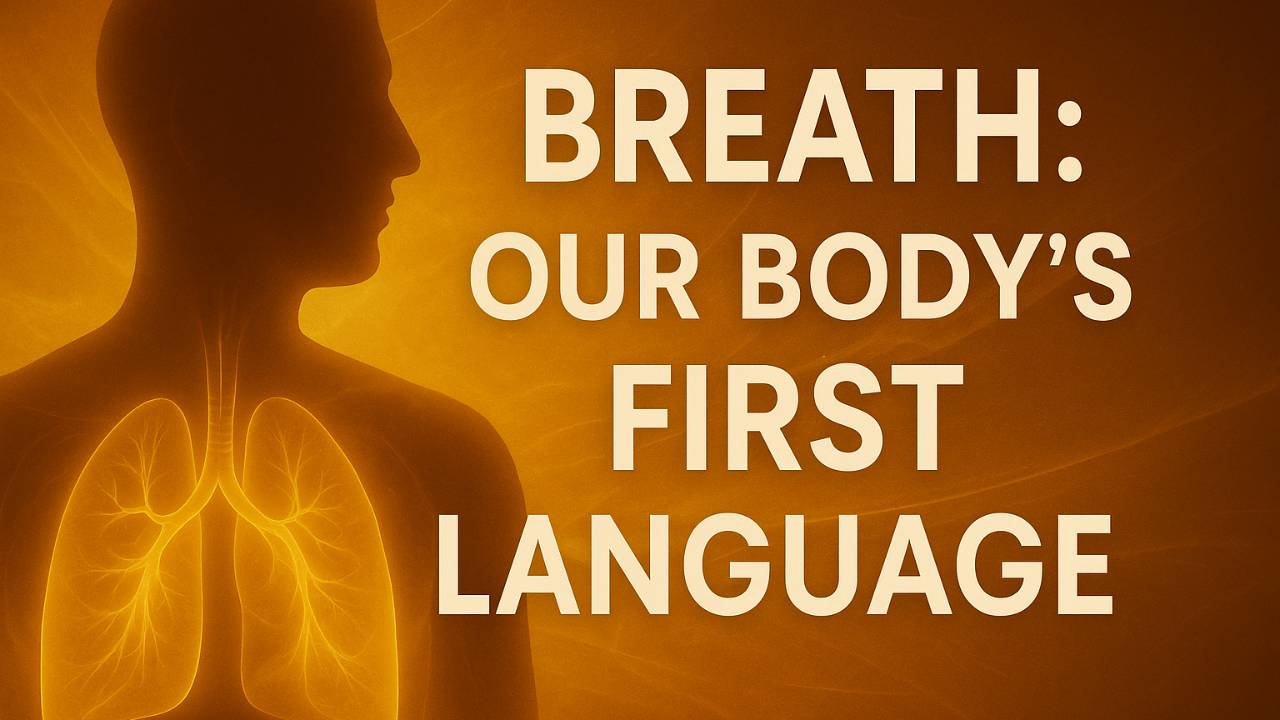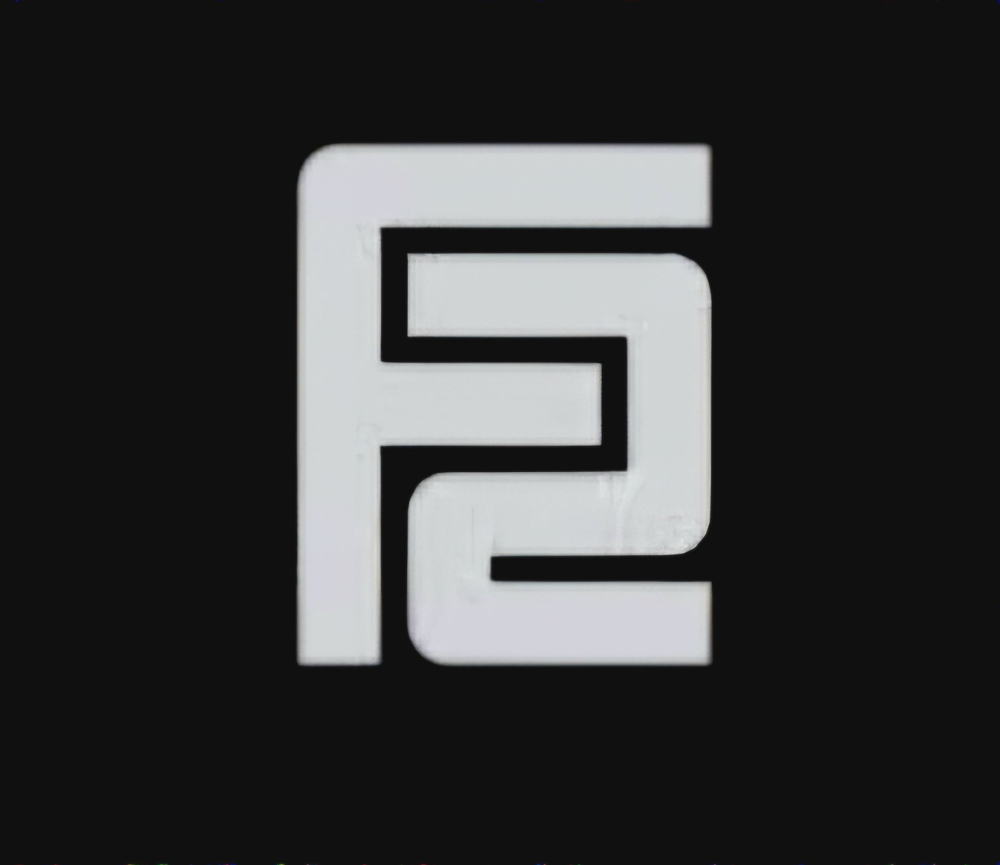Breath the Bodies 1st language

Breath: Our Body’s First Language
Before Words, There Was Breath
Long before we learned to talk, write, or even think in structured sentences, our body had a language. That language was not verbal, it was biological, primal, and universal. The very first thing we did when we arrived on this planet was inhale. That inhale wasn’t just survival, it was communication. Breath told the body, “We are alive.”
Breath is our body’s first language, and unlike spoken words, it is a language that every cell understands.
Breath Speaks to Every System
Each inhale and exhale is a message, not just to the lungs, but to the nervous system, the heart, the fascia, and even down to the mitochondria powering each cell.
-
To the brain: Breath says “calm” or “panic” depending on rhythm. Slow nasal breathing activates the vagus nerve, shifting us into parasympathetic rest. Shallow chest breathing screams danger, keeping the amygdala on high alert.
-
To the heart: Breath regulates rhythm. Inhalation speeds it up slightly, exhalation slows it down. This dance is called respiratory sinus arrhythmia — a natural tuning of heart rate variability.
-
To fascia: Every diaphragmatic contraction compresses and releases the connective web, sending hydraulic signals of hydration and movement. Breath is literally how we move water through our tissues.
-
To energy systems: By altering oxygen and carbon dioxide balance, breath flips metabolic switches, teaching cells when to conserve, when to release, and when to repair.
The Language Beneath Noise
Most people don’t realize they’re fluent in this language. Stress, distraction, and constant overdrive drown out the subtle cues. That’s why so many say they feel “disconnected” from their body. The truth is, the body is always speaking, but we can’t hear it until we quiet the noise.
When you tune into your breath, you unlock a direct translation of what the body feels: tension, calm, hunger, fatigue, focus, fear, and safety.
Breath as Teacher, Not Student
The mistake we often make is thinking we control breath. But the deeper truth is this: breath teaches us. By following it, instead of forcing it, we learn how to regulate emotions, release trauma, and restore balance.
Every exhale that lengthens is the body saying, “We are safe now.”
Every pause at the end of an inhale is the body whispering, “We can hold more than we think.”
This is not metaphor. This is physiology speaking in its native tongue.
A Universal Language
Unlike spoken words, breath has no accent, no translation barrier. A deep sigh means release whether you’re in Philadelphia, Peru, or the Philippines. A gasp means shock everywhere on Earth. Breath is the one language we were all born knowing, and the one we can return to at any moment.
Closing Thought
Before you tell yourself you’re stressed, your breath already told your body. Before you explain joy in words, your breath already expressed it.
Breath is not just air moving in and out. It is communication, connection, and the body’s first and most enduring language. If you learn to listen, you’ll realize your body has been speaking to you all along.

